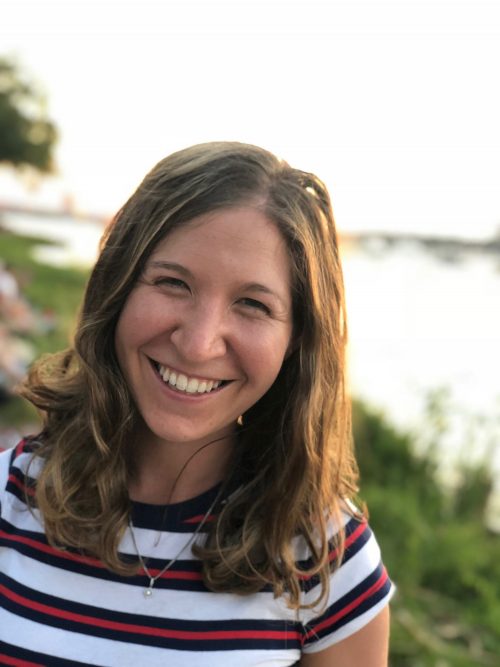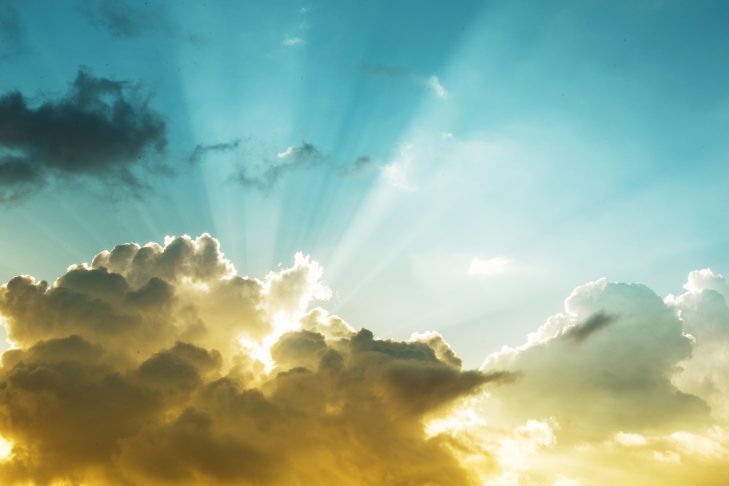Growing up, my Judaism was a barrier to my engagement in social justice work. While tzedakah projects like “Spread on Bread” to feed the hungry were heavily valued, institutionalized racism was not acknowledged.
As a white Jew, I was not taught to recognize the ways in which I benefit from the enduring legacy of apartheid. Instead, as a third-generation Holocaust survivor, I learned that Jews are perpetual victims of baseless hatred because of our faith. If my Polish-speaking grandfather could come to South Africa after experiencing the nightmares of concentration camps and become a successful business and family man, why were South Africa’s black and brown communities still living in poverty?
My Jewish camp taught me that conversion therapy was successful at helping people who were confused about their sexuality. My Jewish camp taught me it was immodest for an unmarried woman to give a d’var Torah publicly. My Jewish community taught me only men could occupy positions of knowledge and power.
I am now proud to be part of Temple Israel, a Jewish community that is not afraid to ask questions and challenge exclusionary Jewish laws, traditions and practices. A Jewish community with female and queer role models. A Jewish community that teaches inclusion and recognizes that Judaism is social justice. TI teaches that we cannot practice our Judaism without being accountable to the community—not just to Jewish people, but to all people.
I’m excited to be working in collaboration with a talented group of lay-leaders to create “10 Days (or more!) of Awe/Racial Justice Reflections”—a process that connects Judaism’s High Holy Days directly with social justice.
Recently, I began attending Talmud study with Rabbi Suzie Jacobson with a focus on teshuva (repentance). I’m no Talmud expert, but if I’ve learned anything, it’s that the study of Talmud is a practice of asking questions. Is it teshuva if you make the same mistake again? What if you didn’t mean to? If you repent out of fear, is it teshuva? Can communal teshuva cover your misdeeds?
I enter the 10 Days of Awe/Racial Justice Reflections with this questioning mindset. Through this process, we’re not asking you to answer any questions or solve any problems. We’re asking you to have the courage to think critically and ask questions. Question what you believe to be normative. Question what it means to take stock of this past year and to make improvements in the year to come. Question what it means to be Jewish.
As I enter these days of reflection, this passage from “The Case for Reparations” by Ta-Nehisi Coates provides a helpful framework:

“And so we must imagine a new country. Reparations—by which I mean the full acceptance of our collective biography and its consequences—is the price we must pay to see ourselves squarely. The recovering alcoholic may well have to live with his illness for the rest of his life. But at least he is not living a drunken lie. Reparations beckons us to reject the intoxication of hubris and see America as it is—the work of fallible humans. Won’t reparations divide us? Not any more than we are already divided. The wealth gap merely puts a number on something we feel but cannot say—that American prosperity was ill-gotten and selective in its distribution. What is needed is an airing of family secrets, a settling with old ghosts. What is needed is a healing of the American psyche and the banishment of white guilt … What I’m talking about is a national reckoning that would lead to spiritual renewal.”
I hope you will join me in this process. You can join our 10 Days of Awe Facebook group, or visit tisrael.org/10days10ways.
This post has been contributed by a third party. The opinions, facts and any media content are presented solely by the author, and JewishBoston assumes no responsibility for them. Want to add your voice to the conversation? Publish your own post here. MORE


